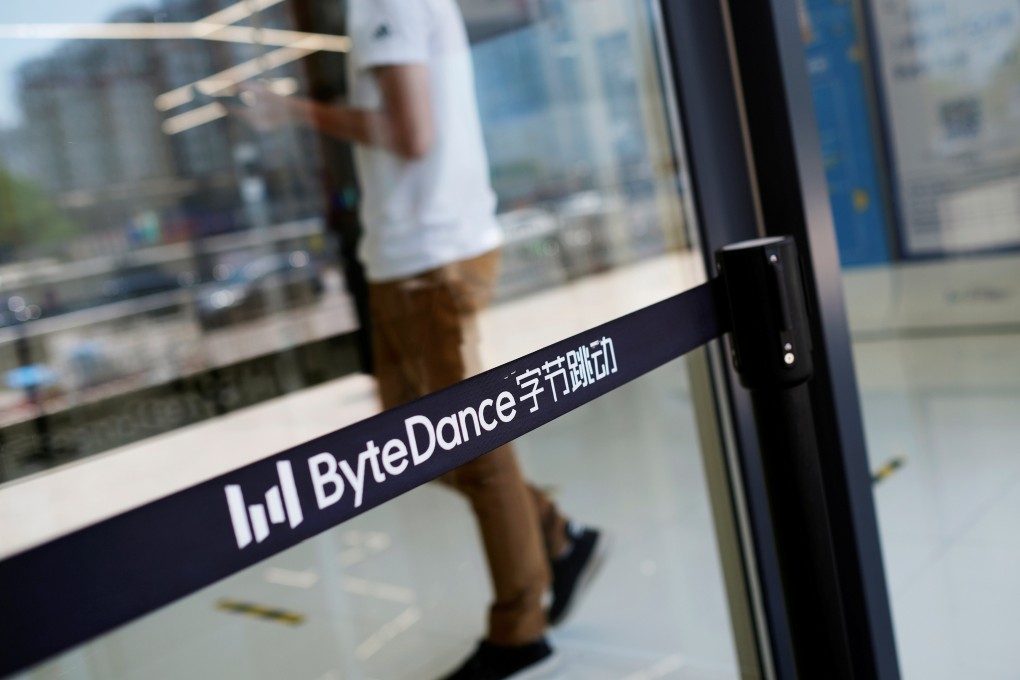Will ByteDance, the 800-pound gorilla in China’s technology scene, become king of the jungle?
- Whether it’s e-payments or online tutoring, ByteDance’s internet presence is growing bigger
- Its powerful algorithms and content are expected to help it tag more e-commerce users and gamers.

TikTok owner ByteDance, a nine-year-old company created by 38-year-old Zhang Yiming in a small, residential flat in Beijing, is making a full-frontal assault on China’s tech titans as it seeks to gain top spot in the country’s cyberspace realm.
It is engaged in a bitter rivalry with Tencent Holdings in social media and gaming; it is competing against Meituan to be the go-to portal to find the best local bars and restaurants; its booming e-commerce business is poised to take share from market leader Alibaba Group Holding; it is competing for online ad revenues with the likes of Kuaishou and other video apps, and it has already defeated many news apps with its groundbreaking media-aggregator Jinri Toutiao.
Whether it’s e-payments or online tutoring, ByteDance’s internet presence is growing bigger as its powerful algorithms hoover up an ever-increasing share of China’s mobile phone users. While it is still a relatively small player in gaming and e-commerce, its algorithms and content are expected to help it tag more e-commerce users and gamers.
ByteDance’s phenomenal growth has not escaped investor attention and as it mulls listing TikTok’s sister app Douyin in either Hong Kong or the US, it is now one of the most-valuable start-ups in the world at around US$400 billion in the private market, according to a recent Post report. That puts it ahead of the combined value of Ant Group and Didi Chuxing, at current valuations.
With a mission to “inspire creativity, enrich life” and uncanny ability to attract online traffic, some analysts say ByteDance can indeed vie for the title of China’s most-valuable internet company.
“ByteDance, assuming it is able to stay together as one entity, has the potential to match, and perhaps exceed, Facebook, Tencent or Alibaba in valuation,” said Matthew Brennan, a China tech analyst and author of “Attention Factory: The Story of TikTok and China’s ByteDance”.
“There’s only so many ways to make money online. The big markets – games, e-commerce, ads – are far from being winner takes all. ‘Traffic is king’ after all and if there’s one thing ByteDance has in spades, it’s traffic,” said Brennan.
ByteDance declined to comment for this article.
ByteDance’s main advantage is its vast user base. The domestic video-sharing app Douyin alone had over 600 million daily active users as of August 2020, allowing it to profit handsomely from gaming, advertising, e-commerce and value-added services. Meanwhile, it is expanding at a speed that few can match – the company’s global headcount hit 100,000 at the end of 2020.
It has also built a powerful internal structure, with around 10 senior executives each bossing a distinct business area and directly reporting into Zhang. For example, gaming is headed by Yan Shou and education sits under Chen Lin, who previously oversaw news app Jinri Toutiao.